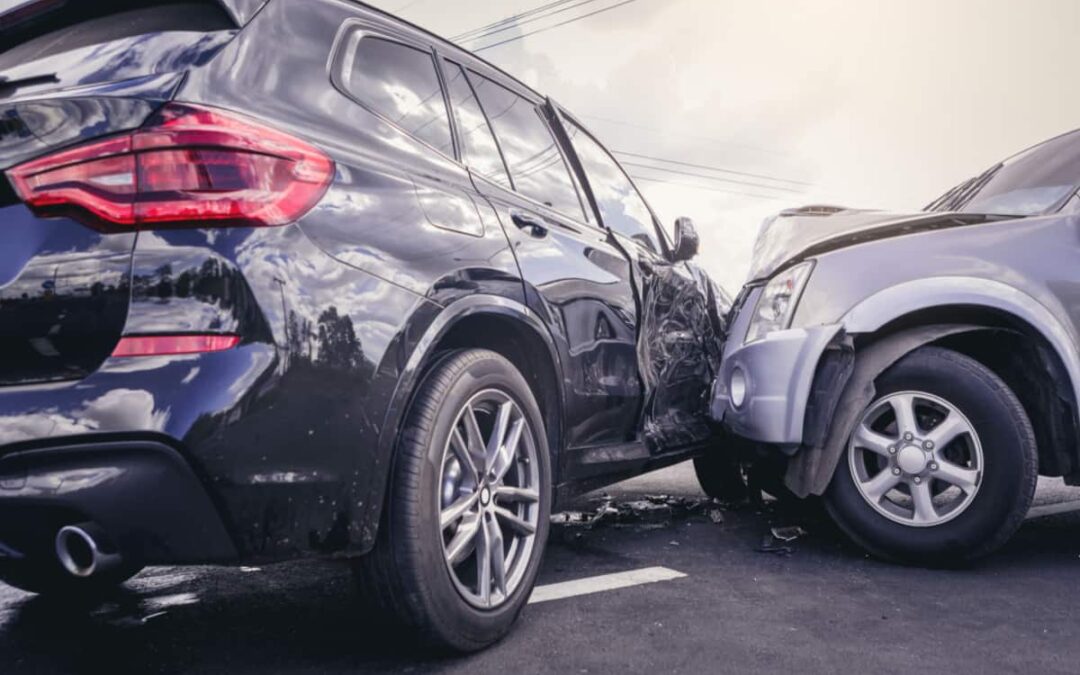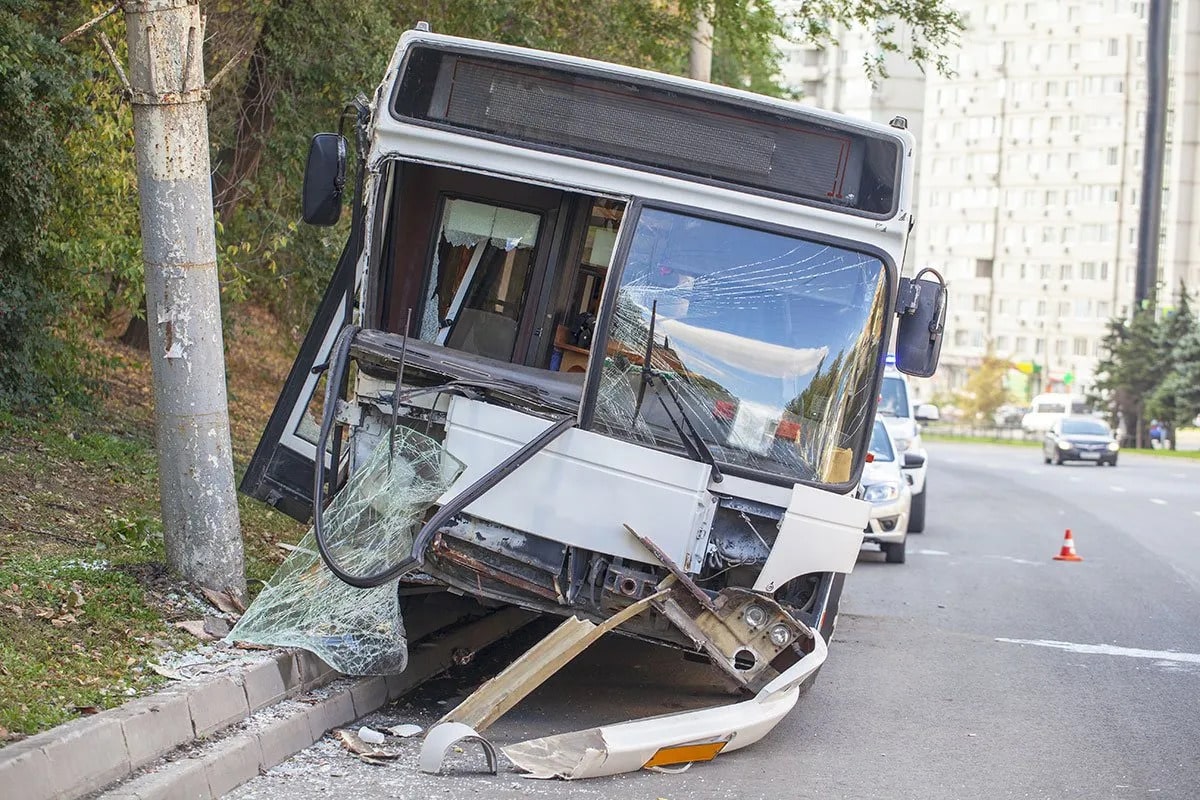Rental cars offer a convenient way to travel, whether you’re on vacation, a business trip, or simply need a temporary vehicle. However, accidents can happen at any time, and when they do, dealing with the aftermath can be stressful and confusing. If you’ve been involved in a rental car accident, you may wonder if you should contact a lawyer. In this blog, we’ll explore the key considerations and steps to take when navigating rental car accidents and the potential need for legal assistance.
Understanding Rental Car Accidents
Rental car accidents are similar to regular car accidents in many ways, but they come with a few unique aspects due to the involvement of a rental company.
Here’s a breakdown of the important points to consider:
- Liability: Determining liability is crucial in any accident. If you’re not at fault, the at-fault party’s insurance typically covers your damages. However, if you are at fault or share some blame, the rental company’s insurance and your personal auto insurance may come into play.
- Rental Car Insurance: Rental companies typically offer insurance options to cover damage to the rental car. Before renting a car, carefully review your own auto insurance policy and your credit card’s rental car coverage, if applicable, to understand what protection you already have.
- Rental Agreement: Read your rental agreement carefully, as it contains important information regarding liability, insurance coverage, and what to do in case of an accident.
When to Contact a Lawyer
There are situations where it’s advisable to contact a lawyer after a rental car accident:
- Severe Injuries: If you or other passengers in the rental car suffered significant injuries, it’s crucial to consult with an attorney. They can help you navigate the complexities of personal injury claims and seek compensation for medical expenses, pain and suffering, and lost wages.
- Liability Disputes: If there’s a dispute about who is at fault or if multiple parties are involved, a lawyer can help investigate and gather evidence to determine liability.
- Inadequate Insurance Coverage: If the at-fault party has insufficient insurance coverage or if you’re in a “no-fault” state, where personal injury protection (PIP) insurance is mandatory, a lawyer can assist in recovering damages beyond what insurance may provide.
- Rental Company Disputes: If you encounter difficulties with the rental company’s insurance claim process or believe you’re being unfairly charged for damages, a lawyer can advocate on your behalf.
Steps to Take After a Rental Car Accident
1. Ensure Safety:
First and foremost, ensure everyone’s safety. Call 911 if necessary and seek medical attention for any injuries.
2. Notify Authorities:
Contact the local police to report the accident and request a copy of the police report. It will be a crucial document when dealing with insurance claims.
3. Exchange Information:
Collect information from all parties involved, including names, contact details, insurance information, and vehicle details.
4. Document the Scene:
Take photos of the accident scene, vehicle damage, and any relevant road conditions. This evidence may be valuable later.
5. Contact the Rental Company:
Inform the rental company about the accident and follow their instructions regarding the reporting process.
6. Contact Your Insurance Company:
Notify your personal auto insurance provider about the accident, even if you’re not at fault.
7. Seek Medical Attention:
If you’re injured, seek medical care immediately, even if your injuries seem minor. Prompt medical attention can be vital for your health and any potential insurance claims.
8. Consult with an Attorney:
If you believe you need legal assistance, consult with a qualified attorney experienced in personal injury and auto accidents involving rental cars.
Rental car accidents can be stressful, but understanding the nuances and taking the right steps is essential for a smoother recovery process. In some cases, contacting a lawyer may be the best course of action, particularly if there are severe injuries, liability disputes, or issues with insurance coverage. With the right guidance, you can navigate the complexities of rental car accidents and protect your rights while seeking the compensation you deserve.



